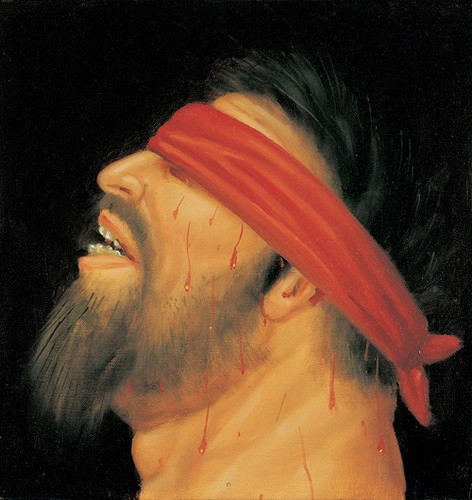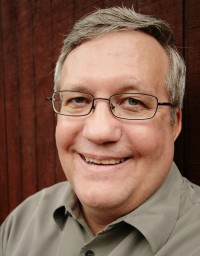Soldiers against torture

Their stories are too little told—the stories of U.S. servicemen and women of devout religious faith who, often at great cost, stood up to protest the use of torture in the American open-ended war on terror.
Sergeant Joseph Darby is an army reservist who served as a military policeman at the Abu Ghraib prison. During his free time in Iraq, Darby shot photographs of biblical sites. He was so enthusiastic in this pursuit that he asked friends to pass him their own pictures. It was on one such disk, shared by a fellow soldier, that he found not only photos of Nineveh and Babylon but some examples of shocking violence. The practice of torture violated Darby's faith and his honor as a soldier. Because of his conscientious persistence and despite opposition from his commanding officers, the photos were eventually released to the world.
Lieutenant Colonel Darrel Vandeveld is a lawyer and reservist who was a military prosecutor at Guantánamo Bay. He was distressed by evidence of torture tactics he found there, which went against his beliefs as a Catholic and his honor as a soldier. After consulting with Jesuit peace activist John Dear, Vandeveld resigned from his post and went public with his "grave misgivings."
Read our latest issue or browse back issues.
Marine lawyer Lieutenant Colonel Stuart Couch is described as an evangelical Episcopalian. Couch refused to prosecute a Guantánamo detainee after he determined that the prisoner had been tortured. He was pushed to his final decision after hearing a sermon in which the priest called on his parishioners to "respect the dignity of every human being," because each is made in the image of God.
Many of those who chose to stand up and stand apart suffered. Many effectively buried their military careers. Darby wished to remain anonymous, but his identity was revealed by Donald Rumsfeld in congressional testimony. The resultant hostility, including numerous death threats, drove Darby into hiding and a newly assumed identity. At least one soldier, army specialist Alyssa Peterson, is officially said to have committed suicide after she objected to participating in an interrogation that involved torture. A fellow soldier reported that Peterson, a committed Mormon, said she "did not know how to be two people; she . . . could not be one person in the cage and another outside the wire."
The sacrifices of these soldiers of deep faith have borne fruit. President Obama's executive order halting torture would probably not have been issued if not for their actions.
But concerns about the employment of torture have not been erased. Princeton theologian George Hunsinger, who founded the National Religious Coalition Against Torture, notes that "the history of torture in the United States is a history of loopholes." The army field manual still contains Appendix M, which allows abusive practices such as sleep and sensory deprivation. It redefines them as something other than torture.
Hunsinger fears that the support for or toleration of torture among religious people has actually grown since Obama took office. Former Vice President Dick Cheney has made highly contestable claims that waterboarding worked—that it elicited information that saved American lives. Crippled by their supposed softness on national defense, Obama and other Democrats have not vigorously pushed back on claims that torture is necessary to keep Americans safe.
Hunsinger denies that torture produces reliable information, but he also worries that so many, including many religious people, accept the instrumentalist and consequentialist reasoning that if torture "works," then it should be used. Darby and other resisters within the military, Hunsinger stresses, have shown more validly Christian consciences. They have "put their faith in Christ above whatever fear and bitterness they might feel and realized there are certain acts you just never commit because they're tremendous moral evils."
Hunsinger takes heart that many Christian official bodies have spoken out against any resort to torture. These include mainline denominations, the National Association of Evangelicals, the U.S. Conference of Catholic Bishops and the Southern Baptist Convention's Ethics and Religious Liberty Commission. The discouraging aspect of these statements is that there appears to be a serious divide between religious leaders and the religious rank and file. In a recent Pew Forum poll, only 16 percent of white evangelicals agree that torture can never be justified, and only 20 percent of white, non-Hispanic Catholics and 31 percent of white mainliners agree.
The case of Stuart Couch proves that what pastors preach and teach can make a difference. Christ's death and resurrection are more determinative of Christian character than are our fears of terrorism. Hunsinger leaves pastors with a stark question: "If we can't speak out against torture, what can we speak out against?"







